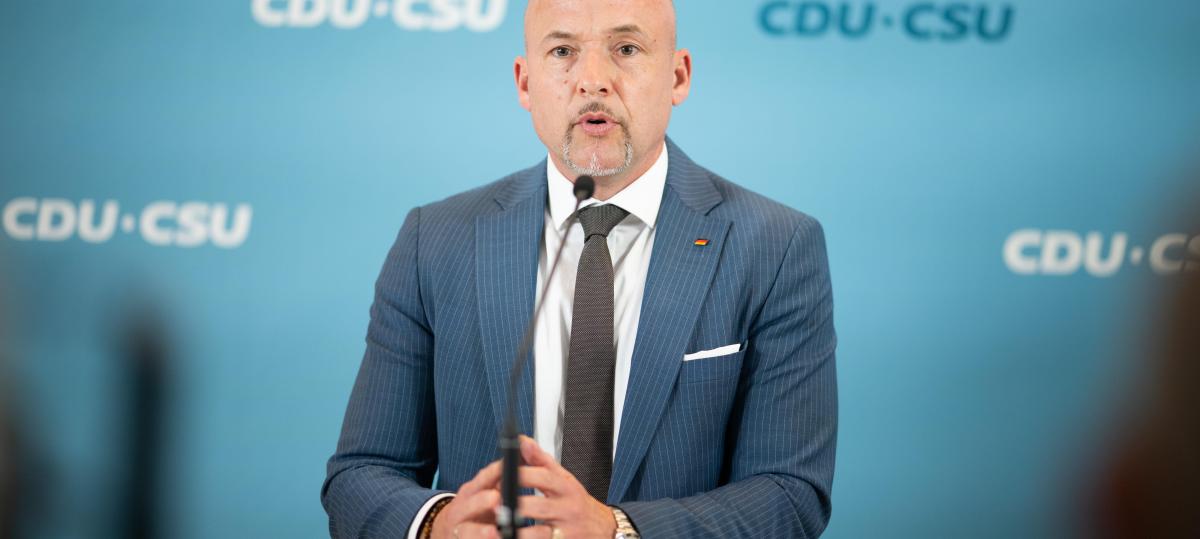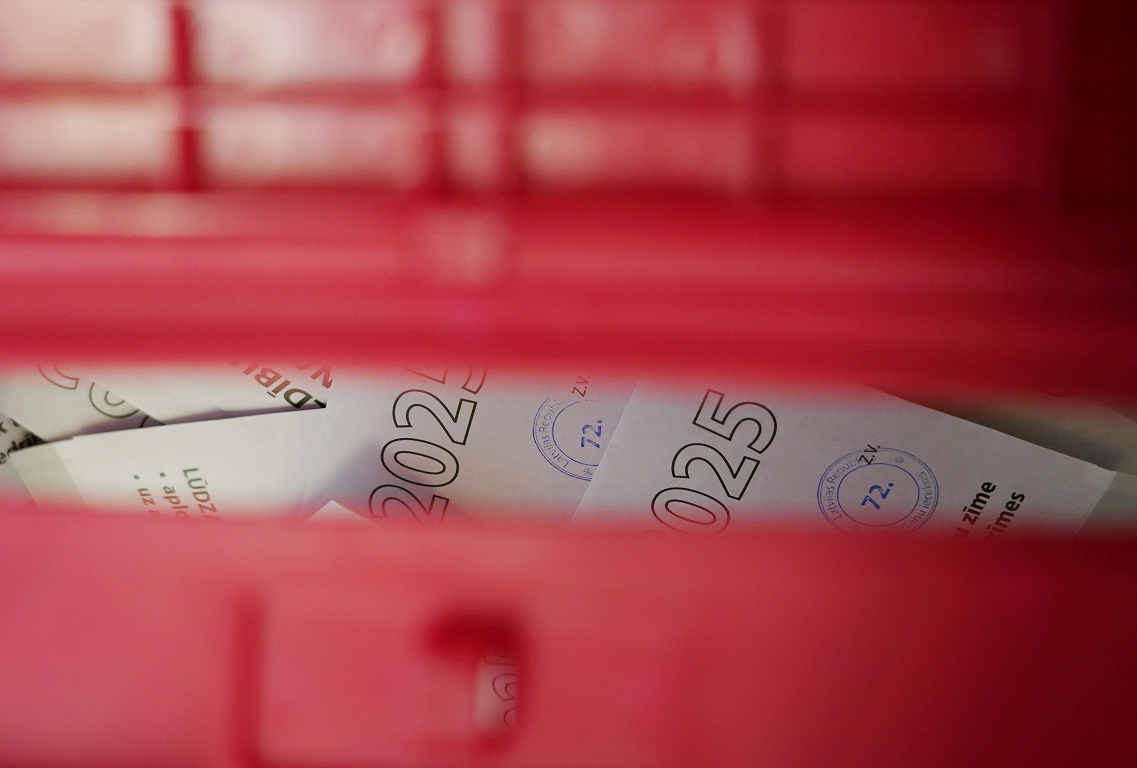Column | This economy is a precious gift. But The Hague does not estimate it
/s3/static.nrc.nl/images/gn4/stripped/data122587969-1b7412.jpg)
You can look at the Dutch economy in all sorts of ways, but I would say: our economy is a precious gift. That unfortunately is wasted carelessly by successive cabinets.
Take the economic estimate of the Central Planning Bureau this week. Again we grow faster than expected. Why this time? It appears that more young and old Dutch people want to work than the CPB economists had estimated. Those working teenagers, people in their twenties and people over 65 make the economy bigger and the treasury fuller; After all, they pay taxes.
Our economy is a success story. The dip during Corona was less deep here than in other European countries, the recovery was faster and stronger. Time and again the economic estimates are too gloomy. In this way the corporation tax yields more than expected. In the meantime, this has happened so often that the CPB now estimates the yield tax yield structurally.
Coronacrisis, Energy Crisis, Kabinets are always taking the wallet to alleviate the blow. And hop, the economy is running again. Unemployment is low, the national debt is low, the number of workers high. Compare that with the struggling German economy.
There is only one problem: the country is too small. We have too much economy for one Netherlands. The government wants to spend more money than succeeds. Companies run into borders. We want to lose more manure than can handle our bottom. Political wishes break on a lack of hands and heads to perform them. Build more? A heavier power grid? More Defense? Yes please! But who does it? And where?
In short, there is more demand than supply. And what happens then? Then prices rise. And everything is scarce: space on the power grid, houses, teachers, cells, doctors, cleaners, catering staff. And then that flourishing economy makes everyone grumpy. Why can't my child find a home? Why is everything so expensive?
Everyone frustrated
It is precisely this overheated economy that suffers from the eager issuing of cabinets. Sprinkling with money is sprinkling oil on a barbecue. There is even more demand. It makes staff shortages worse. Everyone frustrates. Companies have to green, but do not get a power connection. And it makes the richest win: they can still buy a house for their child.
« We have a strong but overheated economy, » says professor Arnoud Boot. « So cabinets should not fuel demand unnecessarily and increase the productivity of the economy. But in this game the cabinet is on the wrong side. » Take, for example, halving the deductible. « That has a triple price tag. It naturally costs money. It provokes more demand for care. And it attracts people from other sectors to healthcare. The cabinet thus increases the shortage of staff. »
Political parties eagerly dived on the budgetary compassion that became known this week, of around 8 billion euros. They want lower taxes and higher expenses. Because people are having a hard time because of the higher prices. But a government that spends more than arrives ensures more demand and therefore drives inflation. (Exceptions: giving money to Ukraine or development aid.) That's how The Hague keeps those prices high.
It would be better to say: how nice that the budget deficit is a bit lower than expected! This gives the overheated economy some cooling. Moreover, it storms in the world, and it is good to have an extra buffer should that trade war or the military break with the United States.
Distribution cabinets
We lived under distribution cabinets in recent years. While there is now a need for politicians who say that our dividends have evaporated: the peace dividend, the global dividend from which the Netherlands benefited as a trading country. That everything becomes more expensive: like our defense. And that that means: whether the government is going to spend less elsewhere, or it will borrow more, or levy more tax.
It is precisely in this stormy time that the Dutch economy is a precious gift. Now that there are plenty of jobs, you can make the economy future -proof. You can reform agriculture. Just now you don't have to be afraid to charge companies the social costs they cause, for example because they lean on cheap labor migrants who can't live anywhere. Or because they emit a lot of nitrogen and greenhouse gas.
But instead, The Hague runs out the future power. Yes, there is a lot of work, but we don't get much more productive. According to Boot because cabinets with subsidies, tax benefits and hug policy keep companies alive, such as in agriculture and industry. « Cabinets put a sticky blanket of government support about the economy, so that new activities do not get a chance. In Germany you see what happens when the big business community gets a government in the grip. The German government has kept Volkswagen out of the wind, just like Deutsche Bank. That way you stop innovation. And that is now bothering the entire German economy. »
How long can you fool with a diamond before it becomes dull? Long, Boot thinks. « We can turn it into a mess for ten years before we get the bill: a little productive economy that no longer attracts the smartest, does not grow much, that farmers have to buy out and spend a lot of money compensating for losers. And who ends up in a downward spiral. With demolition of facilities such as care and education as a result. ”
It would be a shame.

:format(jpeg):fill(f8f8f8,true)/s3/static.nrc.nl/wp-content/uploads/2019/10/youp5bij3.png)
/s3/static.nrc.nl/images/gn4/stripped/data133306951-418567.jpg|https://images.nrc.nl/Aqhex4vuXDkTG2ibAuxQ999h3pQ=/1920x/filters:no_upscale()/s3/static.nrc.nl/images/gn4/stripped/data133306951-418567.jpg|https://images.nrc.nl/IUxmNDWQ6SsEQ92WXa797HqINn0=/5760x/filters:no_upscale()/s3/static.nrc.nl/images/gn4/stripped/data133306951-418567.jpg)
/s3/static.nrc.nl/images/gn4/data133314127-765aec.jpg)




